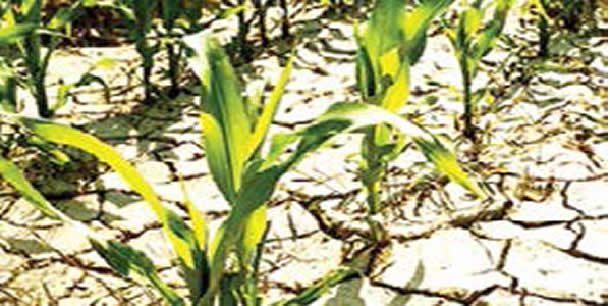Mobile banking institution, OPay, has been recognised by the World Economic Forum for its role in boosting financial inclusion in Nigeria.
The WEF spotlighted OPay in its recent report, titled, ‘Here’s why Africa is the world leader in digital and mobile banking.
In the report, the World Economic Forum stated, “Many areas have leapfrogged straight to mobile banking to give greater access to the unbanked, meaning that over the past two decades, millions of Africans have gained access to banking services without ever visiting a typical bank branch. And Africa looks set to remain a trendsetter for digital banking as new services and players disrupt the market.
“Mobile banking in Africa started as a facility for transferring airtime between mobile accounts. But with many countries lacking well-developed nationwide banking networks, this facility soon became an alternative money transfer system. Mobile payment services such as Kenya’s M-Pesa – initially a vehicle for micro-loans – and OPay from Nigeria have since expanded across the continent, and eventually into other developing markets.”
In a statement from the mobile payment platform on Sunday, OPay said, “Its ascent in the financial inclusion landscape stands as a testament to its unwavering commitment to innovation and customer-centricity. By leveraging cutting-edge technology, they have democratised access to vital financial services, such as money transfers, bill payments, airtime purchases, and merchant transactions, reaching tens of millions of users across Nigeria. This recognition from the WEF underscores OPay’s dedication to narrowing the financial inclusion gap and empowering underserved communities in Nigeria.
“The impact of OPay’s commitment to financial inclusion has been particularly transformative in rural and underserved areas where traditional banking infrastructure is often lacking. OPay has positioned itself as a leading force in financial technology. The company is licensed and regulated by the Central Bank of Nigeria and insured by the Nigeria Deposit Insurance Corporation.”







